10 GPTs for Agricultural Innovation Powered by AI for Free of 2026
AI GPTs for Agricultural Innovation refer to advanced, artificial intelligence models, specifically Generative Pre-trained Transformers, tailored for the agricultural sector. These tools leverage vast datasets to understand and predict various aspects of agriculture, from crop optimization to weather patterns, offering innovative solutions for farmers, researchers, and stakeholders. Their role in agricultural innovation lies in their ability to process and generate human-like text, enabling users to query, analyze, and receive insights on complex agricultural topics, thus driving efficiency, sustainability, and productivity in the field.
Top 10 GPTs for Agricultural Innovation are: PROTON TARIM Temsilci,Cannabis Strategist Collective,Friendly Farmer,AI Planters,AgriAdvisor,Farming,AgriGuide,EXPERTO EN HONGOS,Gochang County Rural Innovator,Rural Community Guide
PROTON TARIM Temsilci
Empowering Farms with AI-Driven Precision

Cannabis Strategist Collective
Empowering cannabis industry success with AI-powered expertise.

Friendly Farmer
Cultivating Success with AI-Powered Agriculture Advice

AI Planters
Optimize your sugar cane production with AI-driven insights.
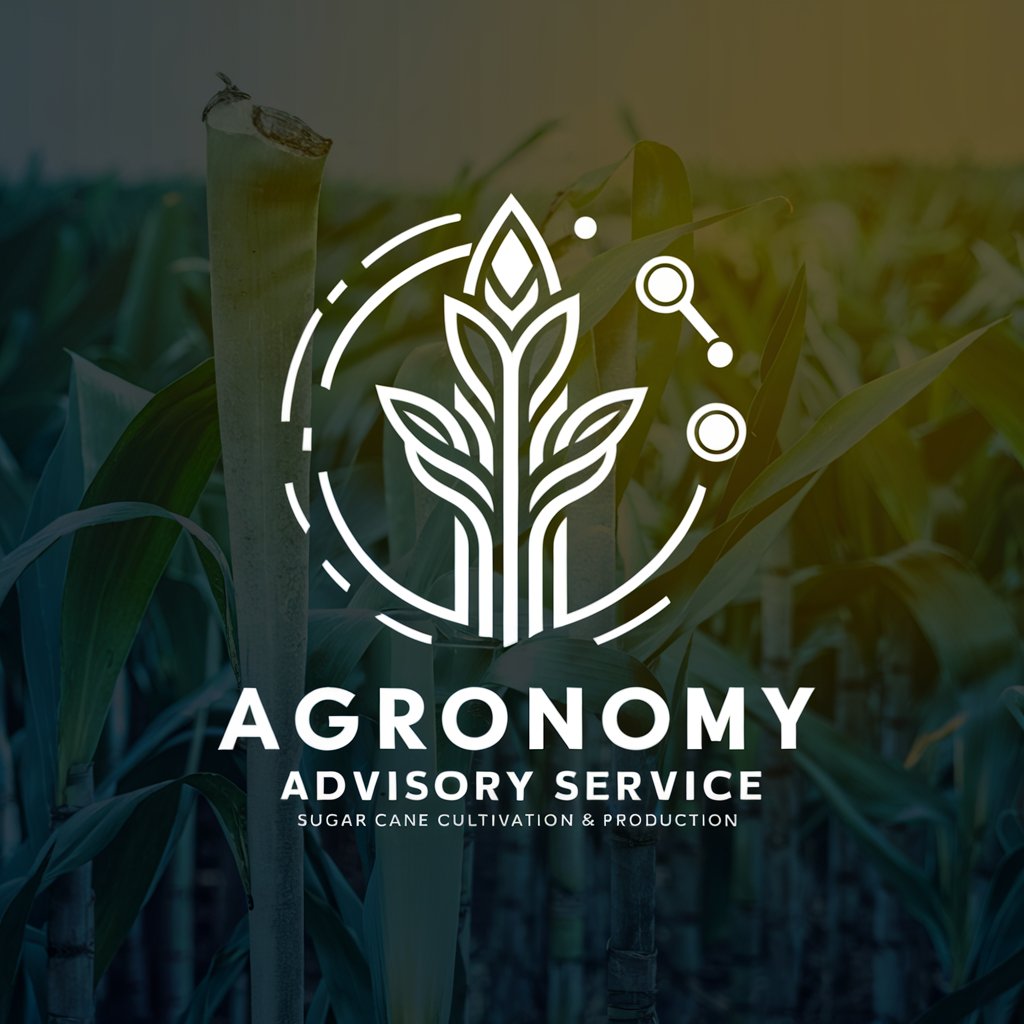
AgriAdvisor
Empowering Farmers with AI-Driven Advice
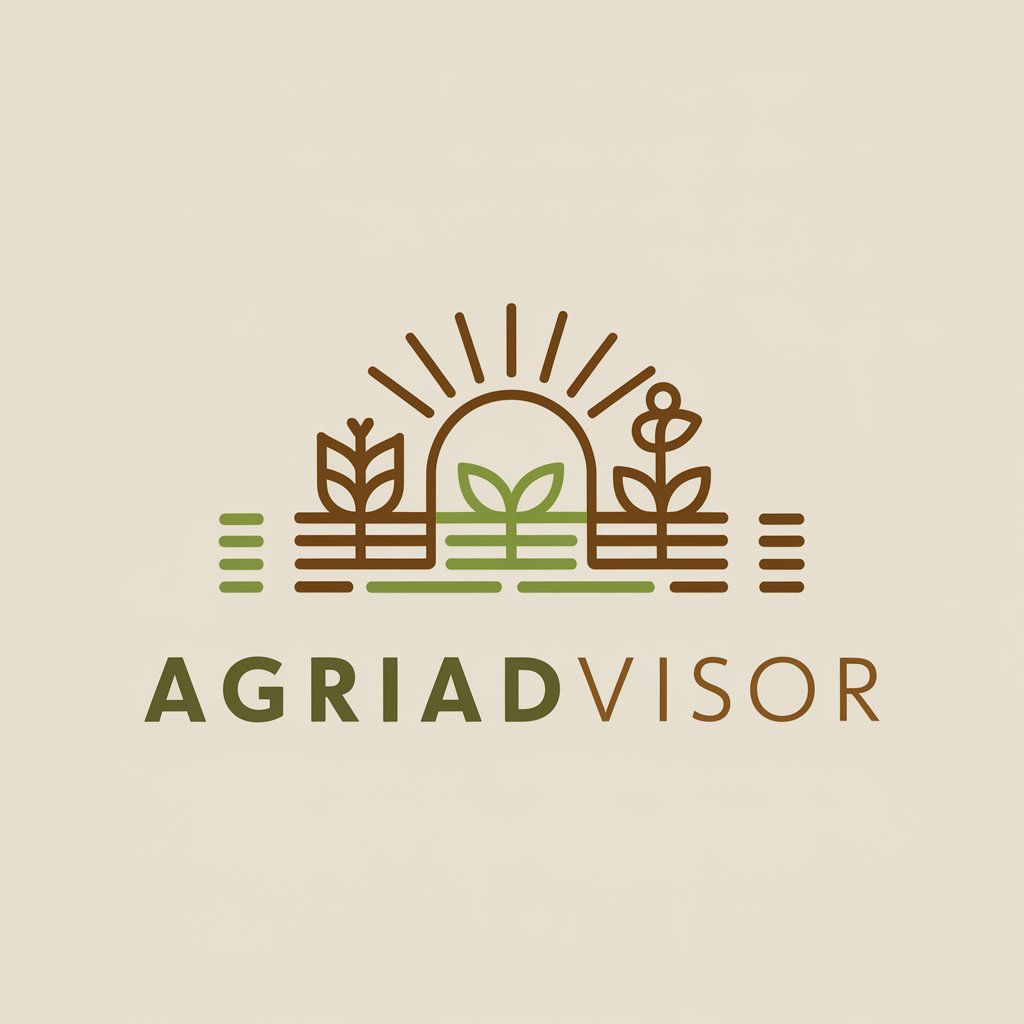
Farming
Cultivating Sustainability with AI
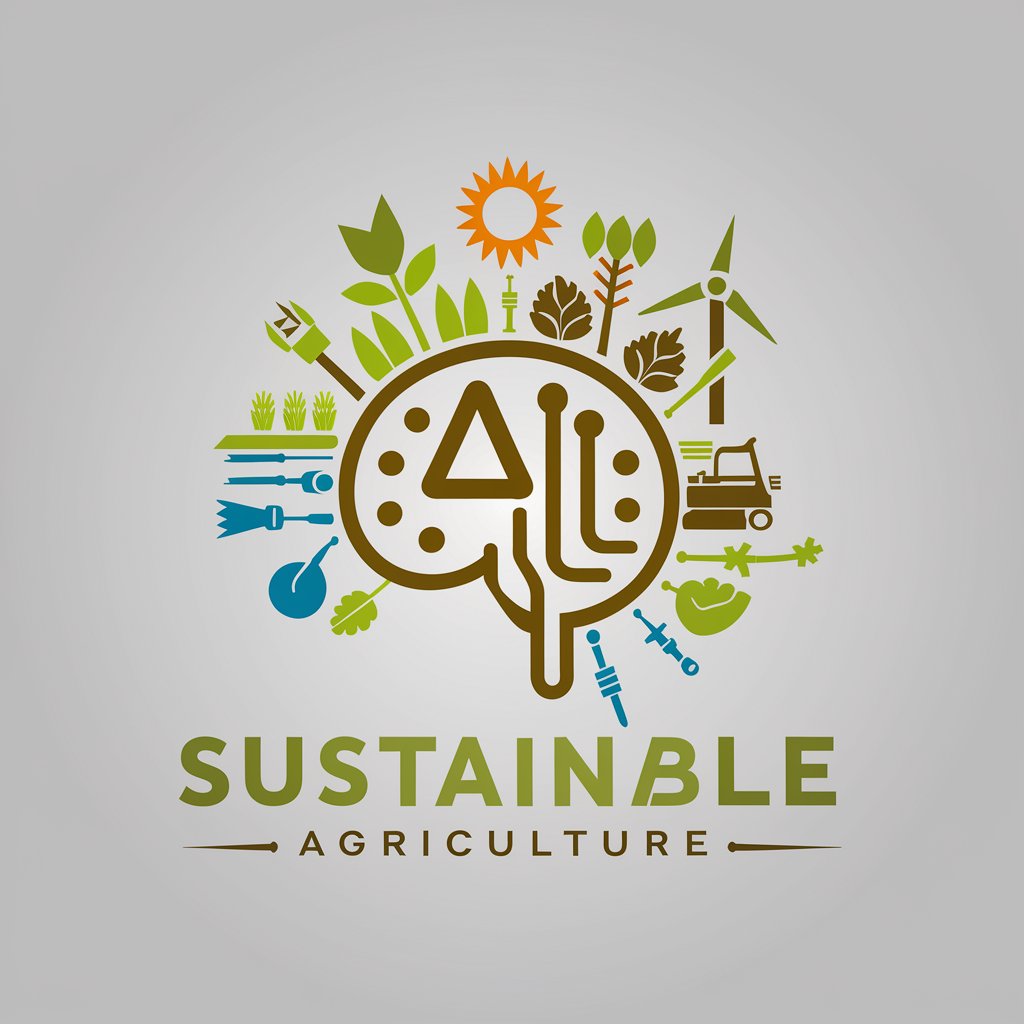
AgriGuide
Navigating Agricultural Innovations with AI
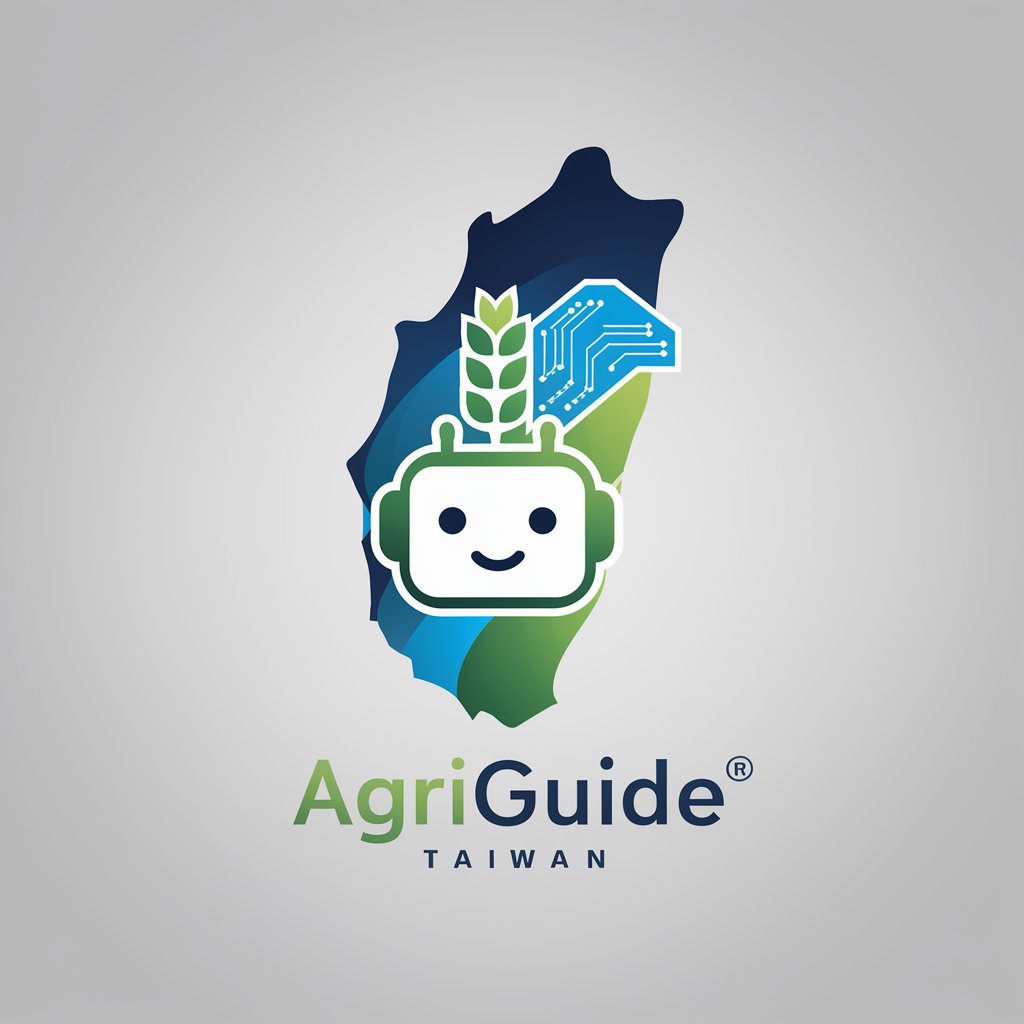
EXPERTO EN HONGOS
Cultivate mushrooms with AI-driven expertise.

Gochang County Rural Innovator
Revitalizing Agriculture with AI
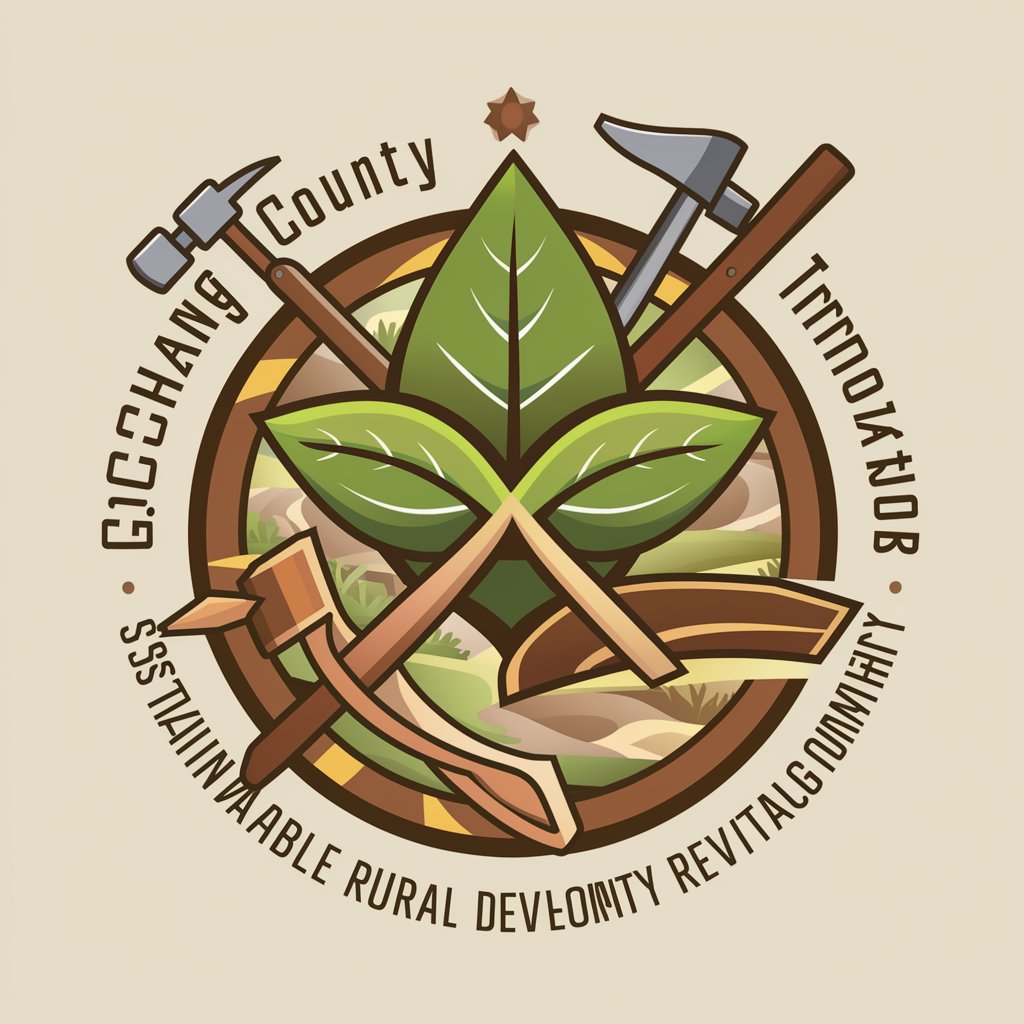
Rural Community Guide
Empowering Rural Innovation with AI

Unique Traits and Functions of AI GPTs in Agriculture
AI GPTs designed for Agricultural Innovation stand out due to their adaptability across a range of functions, from providing expert advice on crop management to analyzing market trends. Key features include their ability to learn from agricultural data, support in multiple languages, and capabilities in technical support, web searching, image creation, and data analysis. These tools can simplify complex agricultural data, predict trends, and offer actionable insights, distinguishing them as invaluable assets in the agricultural sector.
Who Benefits from AI-Driven Agricultural Innovation?
AI GPTs for Agricultural Innovation cater to a broad audience, including novices in agriculture, developers, and industry professionals. They are particularly beneficial for those without coding skills, offering an intuitive interface for interacting with complex datasets. Simultaneously, they provide extensive customization options for users with programming knowledge, allowing for the development of tailored applications that address specific agricultural challenges.
Try Our other AI GPTs tools for Free
Disruptive Technologies
Explore AI GPTs for Disruptive Technologies, your gateway to understanding and innovating in sectors that are changing the world. Discover how these AI tools can transform your approach to disruptive innovation.
Hiking Navigation
Explore AI-powered hiking guides: dynamic, safe, and personalized navigation solutions for every trail.
Innovation Design
Discover how AI GPTs for Innovation Design are transforming the creative process, offering tailored, innovative solutions for designers and creators seeking to leverage artificial intelligence in their workflows.
Sensor Development
Discover how AI GPTs revolutionize sensor development with tailored solutions, offering intuitive design, predictive analytics, and seamless integration for all skill levels.
Creative Engineering
Discover how AI GPTs for Creative Engineering are transforming the landscape with innovative solutions for design, development, and problem-solving in the engineering sector.
Vehicle Purchasing
Discover how AI GPTs revolutionize vehicle purchasing with tailored advice, comprehensive analyses, and personalized recommendations to make your next car buying experience seamless and informed.
Expanding Horizons with AI in Agriculture
AI GPTs offer a revolutionary approach to agricultural challenges, enhancing traditional practices with data-driven insights. Their integration into existing systems can streamline operations, reduce waste, and increase yields. The user-friendly interfaces of these tools democratize access to advanced data analytics, making it easier for all stakeholders in the agricultural sector to leverage the power of AI for sustainable and productive farming.
Frequently Asked Questions
What are AI GPTs for Agricultural Innovation?
AI GPTs for Agricultural Innovation are specialized AI models designed to assist with various agricultural challenges, providing insights, advice, and data analysis to enhance productivity and sustainability.
How can these AI tools benefit agriculture?
They offer precise data analysis, predict trends, and generate actionable advice on crop management, pest control, and market analysis, thus optimizing agricultural practices.
Do I need coding skills to use these tools?
No, these tools are designed to be user-friendly for individuals without coding expertise, providing easy-to-navigate interfaces and straightforward interactions.
Can developers customize these AI tools for specific projects?
Yes, developers can leverage their programming skills to customize these GPTs for specific agricultural applications, enhancing their functionality and applicability.
What kind of data can these AI models analyze?
They can analyze a wide range of agricultural data, including weather patterns, soil conditions, crop health data, and market trends, among others.
Are these tools available in multiple languages?
Yes, one of the core features of AI GPTs for Agricultural Innovation is their support for multiple languages, making them accessible to a global audience.
How do AI GPTs improve decision-making in agriculture?
By providing accurate, data-driven insights and forecasts, these AI tools enable farmers and agricultural professionals to make informed decisions regarding crop management, pest control, and resource allocation.
Can these tools predict future agricultural trends?
Yes, through the analysis of extensive datasets, AI GPTs can identify patterns and predict future trends in agriculture, aiding in long-term planning and strategy development.